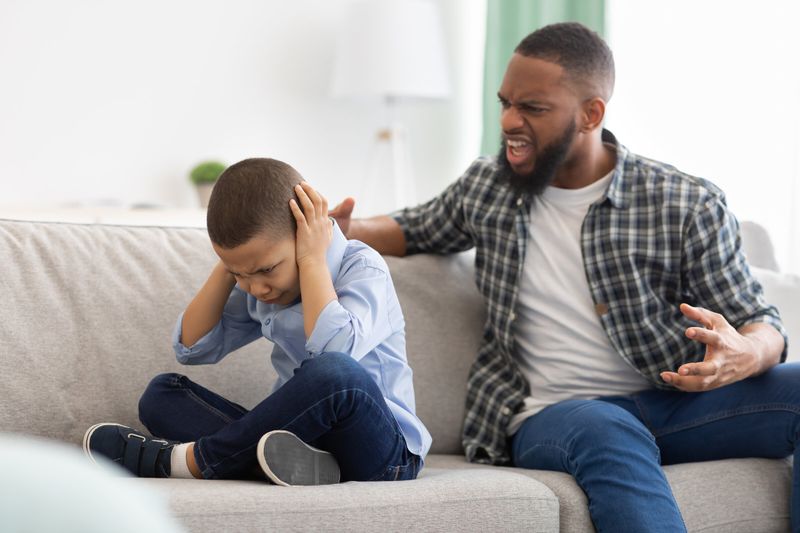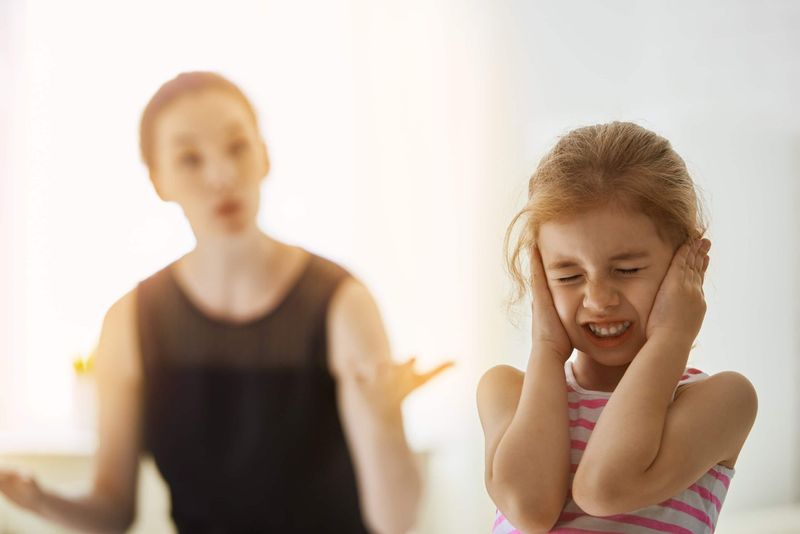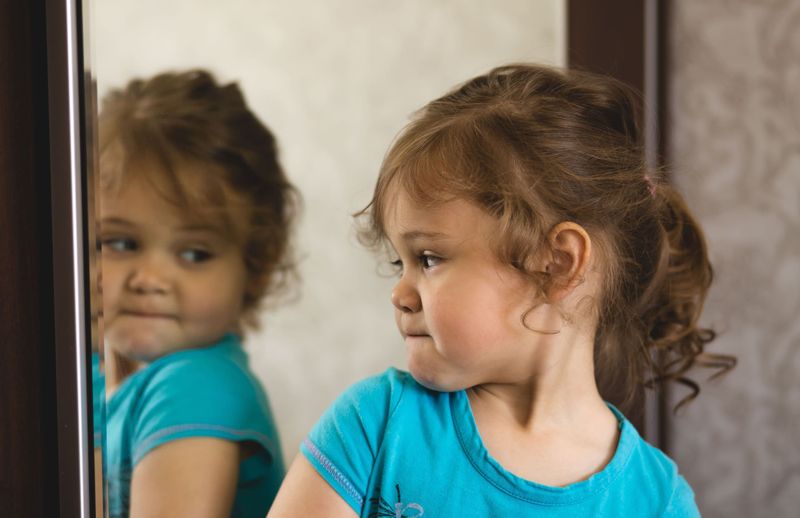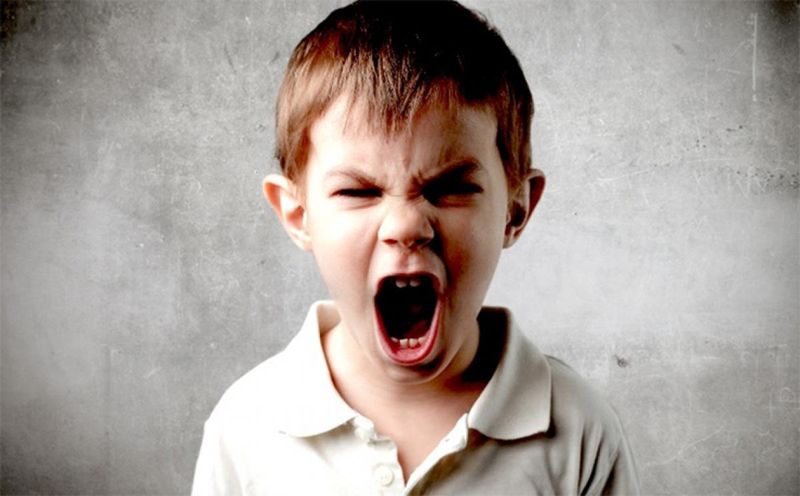Parenting is a journey filled with challenges, and while raising kids can be rewarding, it can also test the limits of patience. In moments of stress, some parents might resort to yelling. However, this approach can have unintended negative effects on children. Here, we explore five surprising reasons why yelling at your kids does more harm than good. This insight will help you foster a more positive and supportive environment at home.
1. Erodes Trust and Security
When parents yell, children may feel insecure and anxious. This reaction can erode the trust and security essential for healthy development. Kids need to know they’re safe and loved unconditionally. If a child feels threatened by a parent’s tone, they might withdraw emotionally. Over time, this can lead to a strained relationship.
Creating a nurturing environment involves calm communication. By expressing concerns without raising your voice, you can build a stronger bond. Children thrive in settings where they feel understood and valued, not where they’re met with anger.
2. Impacts Cognitive Development
Frequent yelling can negatively affect a child’s cognitive development. Stress hormones like cortisol can flood a child’s brain when they’re yelled at, impacting learning and memory. This can make it harder for them to focus on schoolwork or problem-solving.
Children exposed to high-stress environments may struggle academically. Supportive and patient communication fosters a better learning atmosphere. Encouraging children positively helps them develop critical thinking skills and boosts confidence. A calm approach can lead to improved academic performance and a more enjoyable learning experience.
3. Damages Self-Esteem
Yelling can take a toll on a child’s self-esteem. When children are subjected to loud, harsh criticism, they might start doubting their worth. This can lead to feelings of inadequacy and low self-esteem. Children often internalize negative messages from parents, affecting their self-image.
Promoting a healthy self-esteem involves positive reinforcement. Encouraging words and constructive feedback can nurture a sense of self-worth. Children who feel valued and respected are more likely to develop a positive self-image and confidence, essential for their overall well-being.
4. Triggers Aggressive Behavior
Children often model their behavior on what they observe in their parents. Yelling can teach them that aggression is an acceptable way to handle conflict. This can manifest in aggressive behavior towards peers or siblings, creating a cycle of anger and frustration.
To break this cycle, parents should demonstrate calm conflict resolution. By addressing issues with empathy and understanding, children learn to express themselves without resorting to aggression. Role modeling peaceful interactions helps children develop healthier ways to relate to others.
5. Affects Emotional Regulation
Yelling can hinder a child’s ability to regulate their emotions. Frequent exposure to shouting can overwhelm their emotional responses, making it difficult for them to process feelings healthily. They might struggle to calm down or express emotions appropriately.
Teaching emotional regulation involves patience and guidance. Helping children name and understand their emotions fosters resilience. Providing a supportive space for them to express feelings encourages emotional growth. Children learn to manage emotions better when they feel heard and supported, leading to more balanced emotional development.





